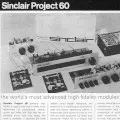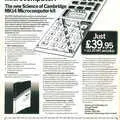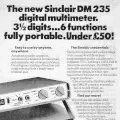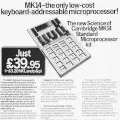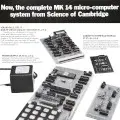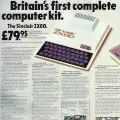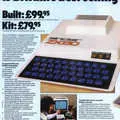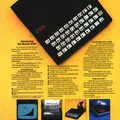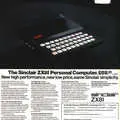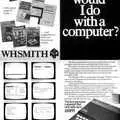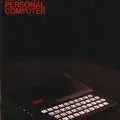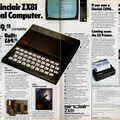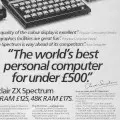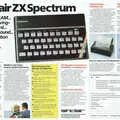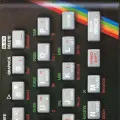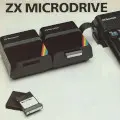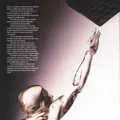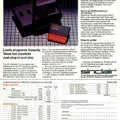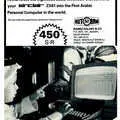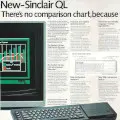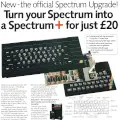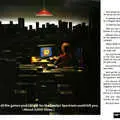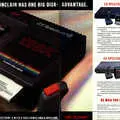
Sinclair Advert - March 1971
From Practical Electronics
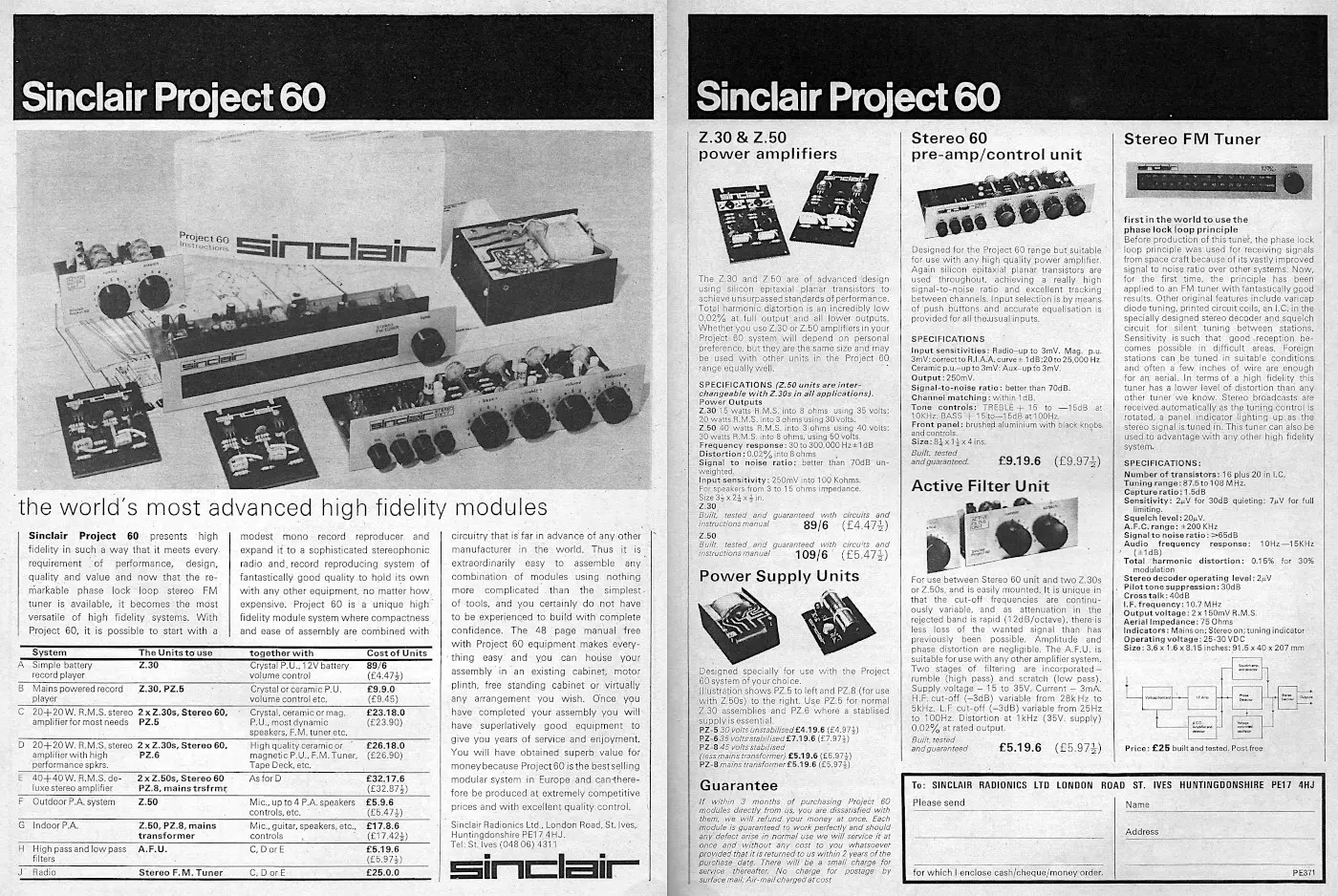
Sinclair Project 60 and the Micromatic Transistor Radio
Here is an advert from the company, or at least the Sinclair Radionics part of it[1], that would go on to launch the ZX80, ZX81 and ZX Spectrum, and in doing so change the UK computer industry.
Sinclair Radionics - as a company - wasn't directly connected to Science of Cambridge, aka Sinclair Research, as that would be started afresh from a previously-dormant business after the part-nationalisation of Radionics, but it is directly connected via both Clive Sinclair and Chris Curry.
Clive Sinclair left the last of the more than dozen schools he had attended in 1958 and opted not to go to university as he felt that:
"Most of them offered only electronic engineering and I had no desire for such a broadly-based course".
Instead, armed with his self-taught interest in electronics and love of maths and English, he ended up doing four years[2] as a technical author, writing 17 books by 1962.
Finding the work less than intellectually challenging, Sinclair branched out into actual products having realised that import controls were keeping out the Japanese products that people wanted to buy.
However, backing for his proposed Germanium-alloy-transistor-based radio kit fell through and he had to resort to freelance writing to pay the bills.
Sinclair Radionics would eventually be born in 1961 after Clive's commercial success in buying, grading, testing and re-selling Plessey transistors[3], and by the time of this advert Sinclair was already well established in the home electronics market.
In this advert it's offering the Project 60 - a set of hi-fi components which proved to be quite popular - including the IC10 integrated amplifier, the Q16 "High Fidelity loudspeaker" and the Micromatic, apparently Britain's smallest radio and which was smaller than a box of matches.
Even in 1971, Sinclair was well established with its "buy it as a kit and it's cheaper" approach to sales - the Micromatic was available for 49/6d in bits (49 shillings and 6 pence, or £2.47½ in decimal - about £60 in 2026 money) or 59/6d (£2.97½) ready-made.
Date created: 25 June 2013
Last updated: 07 October 2025
Hint: use left and right cursor keys to navigate between adverts.
Sources
Text and otherwise-uncredited photos © nosher.net 2026. Dollar/GBP conversions, where used, assume $1.50 to £1. "Now" prices are calculated dynamically using average RPI per year.
